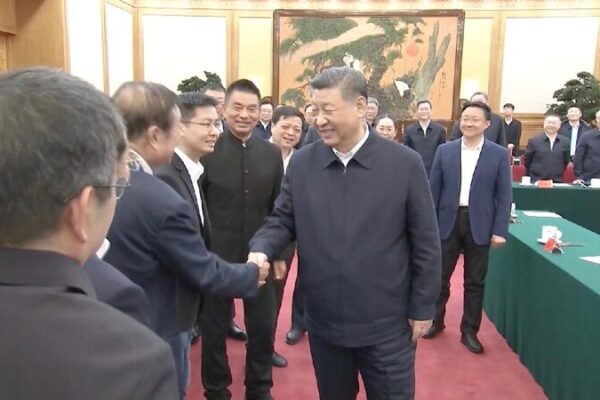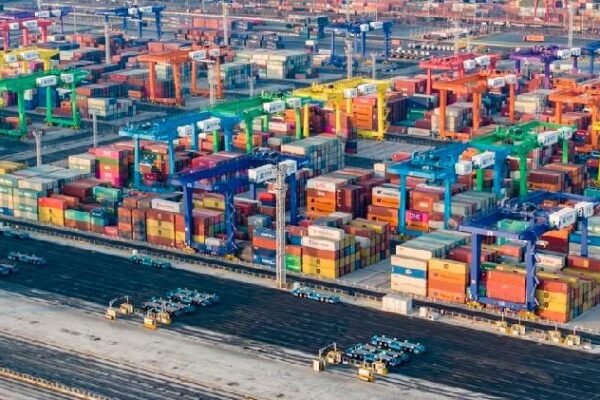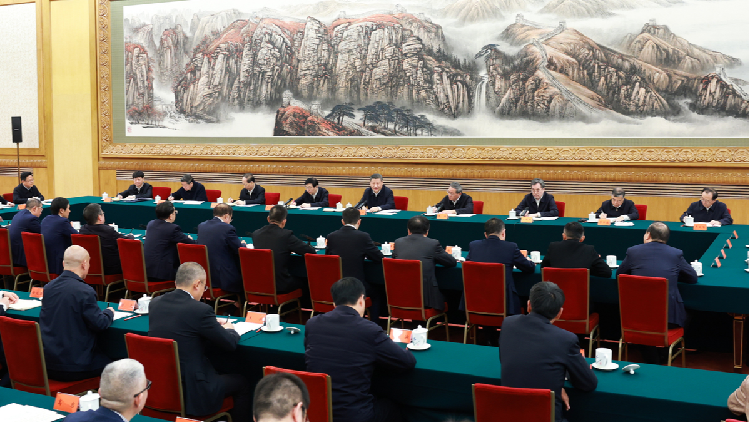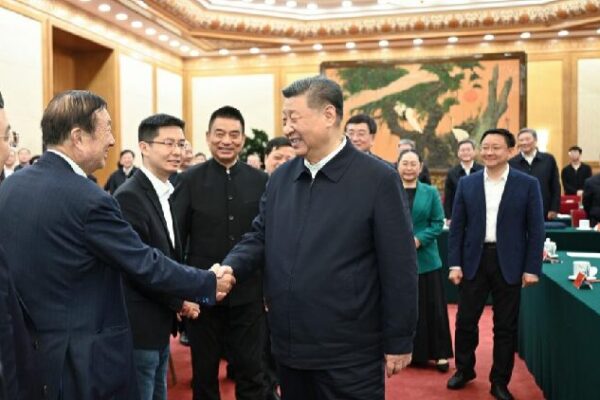China’s Private Firms Thrive Through Resilience and Innovation
Beijing, China—Amid global economic uncertainties and shifting market dynamics, China’s private enterprises are demonstrating remarkable resilience and adaptability, positioning themselves for continued growth in the new era.
In a recent symposium held in Beijing, leading figures from China’s private sector gathered to discuss the vast and promising prospects for development. Over the past decade, the government has consistently emphasized the importance of private enterprises, implementing policies aimed at fostering their healthy and high-quality growth.
China’s private firms have leveraged their market-oriented nature to swiftly respond to changes, setting them apart from traditional organizational models. Their efficient decision-making processes enable them to quickly adjust production strategies and navigate supply chain disruptions effectively. For instance, in the new energy sector, private companies have shown impressive adaptability by innovating across multiple technological pathways and enhancing their risk resistance.
These enterprises closely align with national policies, integrating strategies like green transformation and digital economy advancements into their development plans. By actively engaging in research and development, they ensure they remain at the forefront of industrial transformations, bridging policy directives with market needs.
On the global stage, Chinese private firms are showcasing competitive advantages through innovation, organizational efficiency, and keen market insights. By collaborating with universities and research institutions, they’ve achieved technological breakthroughs that have bolstered their position in high-end equipment manufacturing and other key industries.
Their adaptability allows them to respond swiftly to international market changes. Utilizing digital tools, they’ve built cross-border supply chain networks that can adjust to shifts in trade policies or sudden disruptions, ensuring business resilience.
Moreover, these enterprises have crafted strategies tailored to different markets. In developed economies, they focus on technological cooperation and brand building, while in emerging markets, they expand through localized production and deepening market penetration. By leveraging digital trade platforms, they stay attuned to evolving consumer trends, driving product upgrades and sustainable growth within the multilateral trade system.
Supportive government policies have played a crucial role in this growth trajectory. Reforms aimed at reducing institutional costs, simplifying administrative procedures, and enhancing financing support have created a more favorable environment for private enterprises. Strengthened protection of intellectual property rights and fair competition reviews offer stable expectations for technological innovation and business model development.
The improvement of “dual-circulation” adaptability—integrating domestic and international markets—provides broader opportunities. Domestically, private firms enhance supply chain resilience through digital transformation. Internationally, they expand via cross-border e-commerce and service trade. Policy-supported overseas cooperation and recognition mechanisms further mitigate global operational risks.
China’s private enterprises, harnessing their resilience, policy adaptability, and precise market strategies, are well-positioned to continue thriving. With ongoing innovation and supportive policies, they are set to contribute significantly to economic transformation and global development.
Reference(s):
Resilient, agile, innovative: China's private firms to keep thriving
cgtn.com








